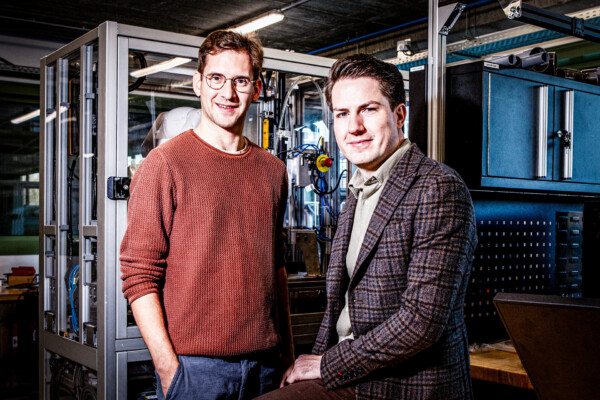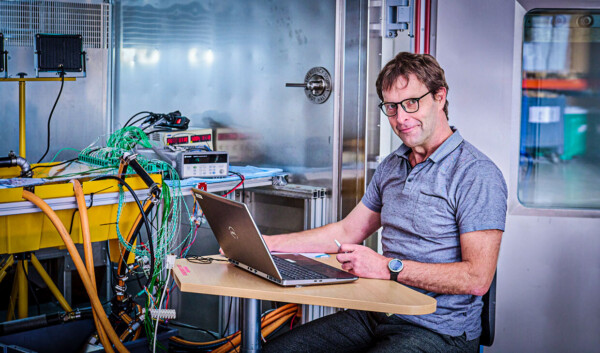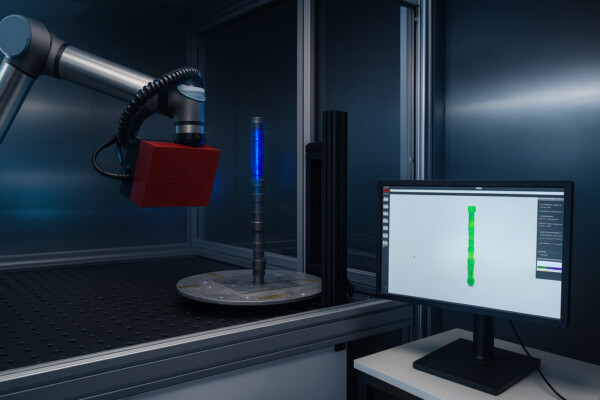Insights
Read more about our pioneering research and its practical application here.
Overview
8 results

- (Article)
From “black box” to co-pilot: Bricsys opts for transparent AI in design software
2 min read

- (Webinar)
Tech@Lunch January: Advancing gearbox reliability: Vision-assisted condition monitoring
15 Jan 2026•Online

- (Webinar)
Tech@Lunch December: AI security and compliance: what lies ahead and how can we prepare?
12 Dec 2025•Online


- 1
- …